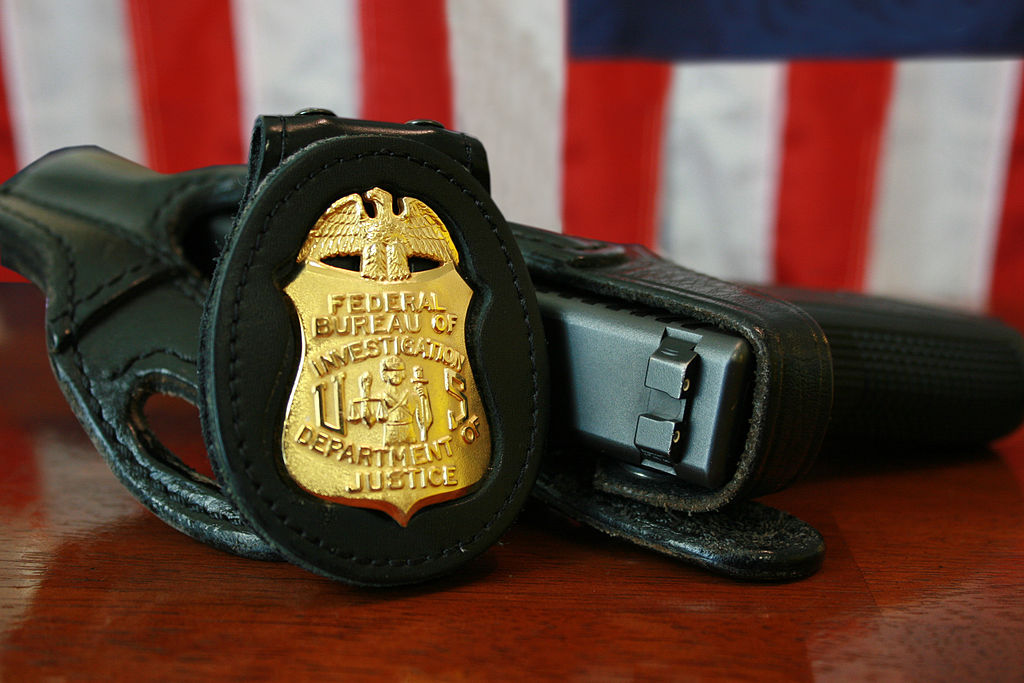By: Seth Lee
On June 16, 2008, thousands of Sonics fans gathered outside of a US Federal Courthouse in Seattle to rally in support of keeping their team in Seattle by enforcing a lease the city held to keep the Sonics playing at Key Arena for two more years.[1] Their efforts were futile, and just two weeks later, the City of Seattle cut a deal with the NBA to allow the Sonics to void the final two years of their lease to move to Oklahoma City and become the Thunder. [2] Losing a team can be very difficult to a sports fan, I was among the thousands at the Federal Courthouse that day chanting “Save Our Sonics,” and the emotional scars from losing my team have still yet to fully heal.
Four weeks into the 2017 NFL season, the Los Angeles Chargers have yet to win a game, and failed to sell out their home opener at a soccer stadium with a maximum capacity of only 27,000.[3] Frustration has mounted, and there is already talks that league ownership is dissatisfied to the point discussing a move back to San Diego, possibly as soon as next year.[4] Rumblings such as these begs the question, how much latitude does the NFL have when it comes to franchise relocations, could the owners or Commissioner force a franchise to relocate?
The Constitution and Bylaws of the National Football League contain the policies and procedures that the League abides by for proposed franchise relocations. [5]
Generally, an owner wishing to relocate gives notice to the Commissioner before February 15th of the League year, accompanied with a “Statement of Reasons,” detailing the business benefits to the league from the proposed relocation. [6] The Commissioner then meets with different committees and interested parties to discuss the relocation and engage in some fact-finding. He then issues a report which, along with the proposal, is sent to league members for vote. [7]A relocation requires three-fourths majority approval.[8]
Article 8.5 of the League Constitution give the Commissioner broad authority to “interpret and from time to time establish policy and procedure in respect to the provisions of the Constitution and Bylaws and any enforcement thereof.”[9]
A broad reading of this could lead to the conclusion that the Commissioner is able to propose relocation on behalf of an owner, effectively forcing a relocation if it is in the best interest of the league to do so. Although the Constitution and Bylaws are silent on this issue, this interpretation of that clause with regards to franchise relocation is unlikely for two reasons.
First, this interpretation of the clause is article 8.5 runs contrary to the Supreme Courts holding in American Needle v. NFL, that league is made up of 32 independently owned and operated businesses and is not itself one business.[10] “The NFL teams do not possess either the unitary decision-making quality or the single aggregation of economic power characteristic of independent action.”[11] The court here seems to be saying when a NFL team acts in a business capacity, there is not a “single aggregation” of economic power, but each team acts independently for its franchise. It follows that the League as a single aggregate would not have power to move unilaterally the franchise of one of its members.
Second, it would set a bad precedent for owners of struggling franchises in the future if the commissioner were able to propose, successfully, relocation on behalf of an owner. Owners would likely not vote for relocation if a move was proposed by the commissioner, because doing so would put every owner at risk of their franchise being moved at any time.
Chargers’ owner Dean Spanos seems to be intent on building a following in LA. Sentiment around the league is that the owners were doing him a favor when they approved his relocation proposal to LA because of all he has gone through for the league, but that they did not want to leave San Diego in the first place. Absent any malfeasance on the part of Spanos the league likely does not hold power to force him out of ownership by breach of contract.
A more likely path for the NFL to return to San Diego would be from a sale of the franchise to new owners. Currently there are no reports that the Chargers are exploring selling the franchise. The league’s hands are likely tied for a few more years while they away the construction of a new stadium in Inglewood. Although frustration has mounted early for the Chargers in their new city, and support has not been as great as the Chargers must have thought at the outset of the move, it is imperative for them and the league to remain patiently persistent in trying to build both the Rams and Chargers brand in Los Angeles.
[1] The Associated Press, Sonics’ future in Seattle to be decided in court this week, ESPN (Sept. 29, 2017, 1:40pm) http://www.espn.com/nba/news/story?id=3445034.
[2] Jim Brunner and Sharon Pian Chan, Sonics moving to Oklahoma City, The Seattle Times (Sept. 29, 2017, 1:29pm) https://www.seattletimes.com/seattle-news/sonics-moving-to-oklahoma-city/.
[3] Gabe Zaldivar, Rams, Chargers Post Embarrassing Attendance Numbers In Home Losses, Forbes (Sept 29, 2017 1:55pm) https://www.forbes.com/sites/gabezaldivar/2017/09/18/rams-chargers-post-embarrassing-attendance-numbers-in-pair-of-home-losses/#44f590393b16.
[4] Don Banks: “It’s Gone From Being Sympathetic To Dean To Being Frustrated” ‘Why Didn’t He Stay In San Diego’, Mighty 1090AM, (Sept. 21, 2017), https://www.mighty1090.com/episode/don-banks-its-gone-from-being-sympathetic-to-dean-to-being-frustrated-why-didnt-he-stay-in-san-diego/.
[5] Constitution and Bylaws of the National Football League at 13, (Sept. 28, 2017), http://static.nfl.com/static/content/public/static/html/careers/pdf/co_.pdf.
[6] Policy and Procedures for Proposed Franchise Relocations at 2, (Sept 29, 2017), https://www.leg.state.mn.us/webcontent/lrl/guides/footballstadium/nflfranchiserelocationrules.pdf.
[7] Id.
[8] Id. at 3.
[9] See Policy and Procedures, supra note 5 at 29.
[10] Am. Needle, Inc. v. Nat’l Football League, 560 U.S. 183, 196 (2010).
[11] Id.




